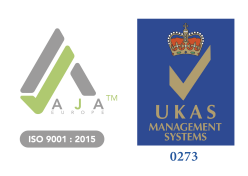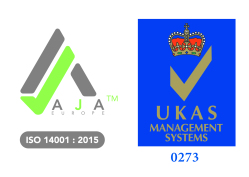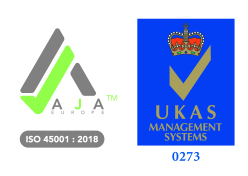Blog Articles
How To Make Your Work and Home ‘Green Friendly’
As awareness of the dangers surrounding global warming grows, more people and companies are starting to tackle this planet-wide challenge. However, our efforts aren’t yet enough. Nonetheless, there are simple steps we can take to reduce our impact on the environment. For this to work, everyone must make a united effort, whether you’re making changes at home or in the workplace.
Your Responsibilities When Working at Heights
Whether you’re working on a kick stool, ladder or crane, you have certain responsibilities when working above ground level. These responsibilities apply whether you’re working a couple of feet off the floor or even hundreds of metres off the floor.
So, what are the main responsibilities of employers, duty holders and employees when it comes to working above ground level? How can you stay safe and protect others?
ETD Training Launches Latest Course: Vibration (HAVS)
This course will introduce you to the causes and symptoms of Hand-Arm Vibration Syndrome (HAVS). By completing this course, you will become familiar with the manifestations of HAVS, how to reduce exposure to vibrations under the Control of Vibration at Work Regulations and how to perform suitable risk assessments.
ETD’s Display Screen Equipment Course Shows You the Importance of Exercise… in the Office?
ETD Training Launches Latest Course: Noise Awareness
Embracing Diversity in the Workplace
Staged Crashes… Are You Part of the Hustle?
ETD Training Launches Infection Prevention and Control (COVID -19) Course
It’s Everywhere! – Asbestos Awareness and Safety
It’s the “A” word … Asbestos! And there’s plenty of the stuff around us.
Construction workers used asbestos when building the majority of man-made structures before the year 2000. But then it became apparent that asbestos is a dangerous material that can cause all sorts of health problems. That’s why the government introduced The Control of Asbestos Regulations, which made it illegal to import, supply or use all forms of asbestos and ACMs from 1999.
An Introduction To the Abrasive Grit British Standard Markings System
Key Principles of Manual Handling
Despite updates in legislation and health and safety equipment, numerous workers continue to injure themselves because they’re using poor manual handling techniques. These injuries have a massive impact on the UK economy and workforces.







